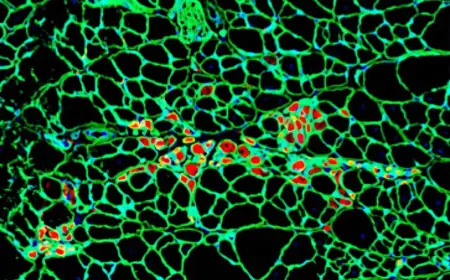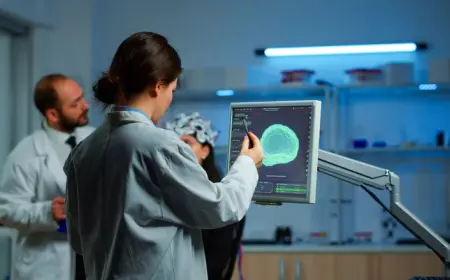Scientists Discover How to Make “Exhausted” Immune Cells Fight Cancer
NatIm: Blocking the PTGIR molecule helps immune cells combat cancer

Researchers from the Van Andel Institute have identified a molecule that hinders the immune system’s ability to effectively fight cancer. This molecule, called PTGIR, is a receptor that can suppress the activity of T-cells — key players in the immune response. The study was published in the journal Nature Immunology.
Role of T-cells and Their Exhaustion
T-cells are a type of white blood cell tasked with recognizing and destroying infected or malignant cells. However, during prolonged battles against tumors, these cells can become “exhausted,” losing their capacity to attack. Researchers found that PTGIR contributes to this exhaustion: when its activity increases, T-cells produce fewer anti-tumor substances and become less effective.
How PTGIR Differs from Known Immune Checkpoints
Unlike previously known immune checkpoints, which function through protein-protein interactions, PTGIR is activated by a lipid molecule called prostacyclin. This lipid-like signal is often overly abundant in the tumor microenvironment, making PTGIR especially active where it interferes the most.
The Role of NRF2 Protein
The study leader, Russell Jones, explains that PTGIR activation is controlled by another protein called NRF2, which acts like a “brake” on the immune system, preventing T-cells from performing their functions fully. If this mechanism can be blocked, the immune response can be “reawakened” and directed against tumors.
Implications for Immunotherapy
According to the study’s first author, Michael Dahabi, discovering PTGIR could transform immunotherapy approaches. This pathway might be particularly useful for patients whose cancers do not respond to existing treatments. PTGIR blockers could become a new class of anti-cancer drugs or be used in combination therapies.
This research opens new possibilities to reverse immune cell exhaustion and enhance their ability to fight cancer. Future clinical studies will need to verify the safety and efficacy of PTGIR inhibitors.



























